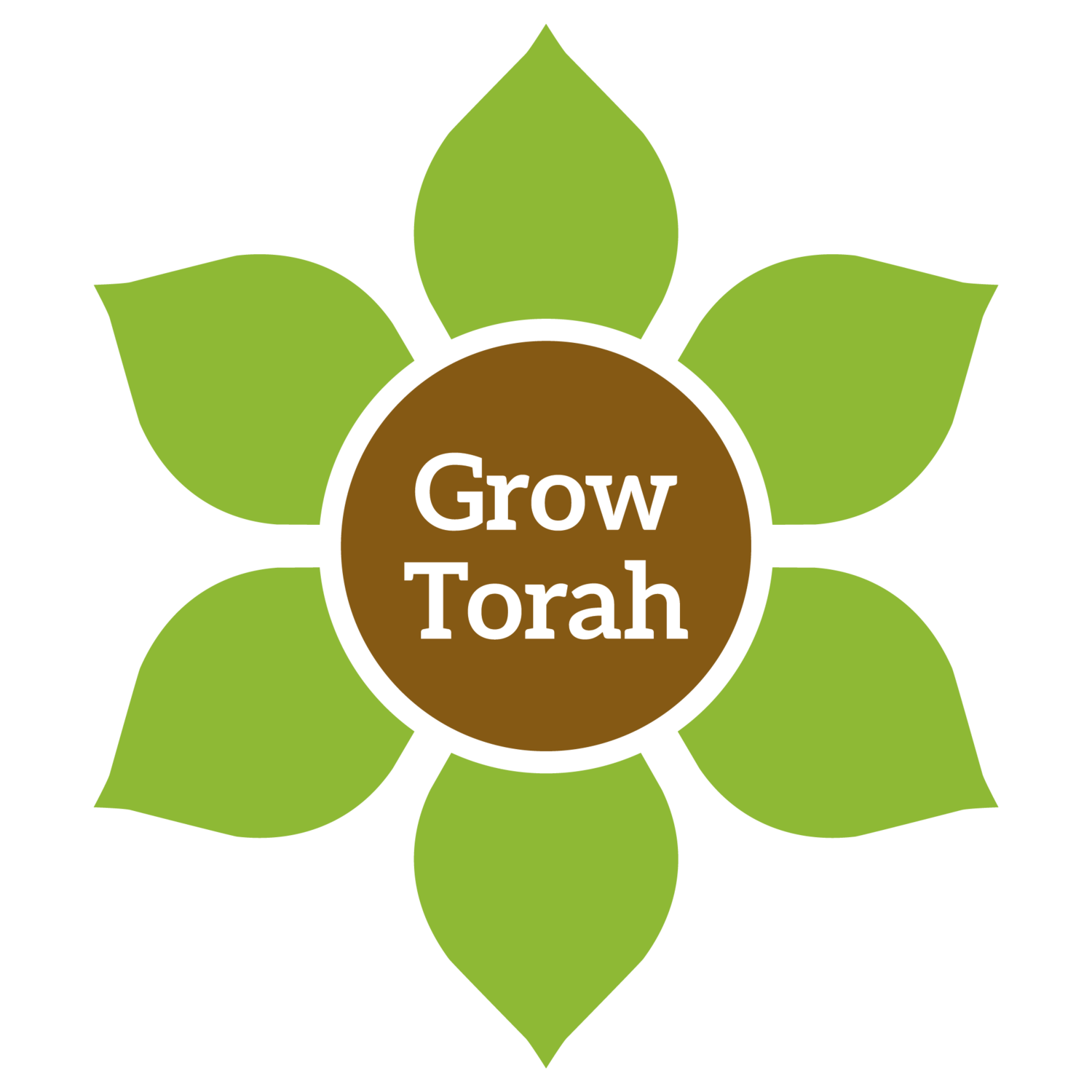Vezot HaBracha: Perfecting the World
In Parshat V’Zot Habracha Moshe gives each of the 12 tribes a final blessing before his passing. In this week’s essay, we explore how the blessing given to Zevulun and Yissachar gives us insight into the importance of communal actions in protecting the environment.
Ha'azinu: The Heavens and the Earth Bear Witness
In Parshat Ha'azinu, the Torah tells us that heaven and earth bear witness to our actions. Why are heaven and earth chosen for this role? What is their relationship in regard to our actions? In this week's essay, we explore how we have upheld our responsibilities toward Hashem's earth over the millennium.
Shoftim: Wasteful Destruction
Parshat Shoftim gives us the source for the mitzvah of Bal Tashchit. In this week's parsha blog, Rabbi Dr. Norman Lamm explains how while the source of the mitzvah speaks of wartime, it is a mitzvah imperative to our daily lives, in times of peace as well. He implores us to think: is there more we can be doing to prevent excessive waste? Are we disposing of things that can be reused? Are we taking a stand in our communities to reduce the amount of waste we, as a nation, produce?
Re'eh: Blessing and Curse
Parshat Re’eh opens with a discussion about blessings and curses. The author of this blog post, Rabbi Akiva Wolf, discusses how our spiritual status affects the environment in Eretz Yisrael and vice versa. He beautifully extrapolates the concept to not just the land of Israel, but the world and the environment as a whole.
Eikev: Shivat Haminim, The Seven Fruits of Israel
The seven species in this parsha are central to a Jewish spiritual path that endeavors to elevate the physical through intentional living. In this dvar Torah, Chana Bracha shares beautiful insights as to how we can bring harmony between our physical and spiritual selves through conscious consumption.
Devarim: Belonging to the Land
Parshat Devarim begins the immediate anticipation of entering Eretz Yisrael. What is so momentous about entering the land of Israel? Is the importance in the location, or the concept of land as a whole? Could it be both?






